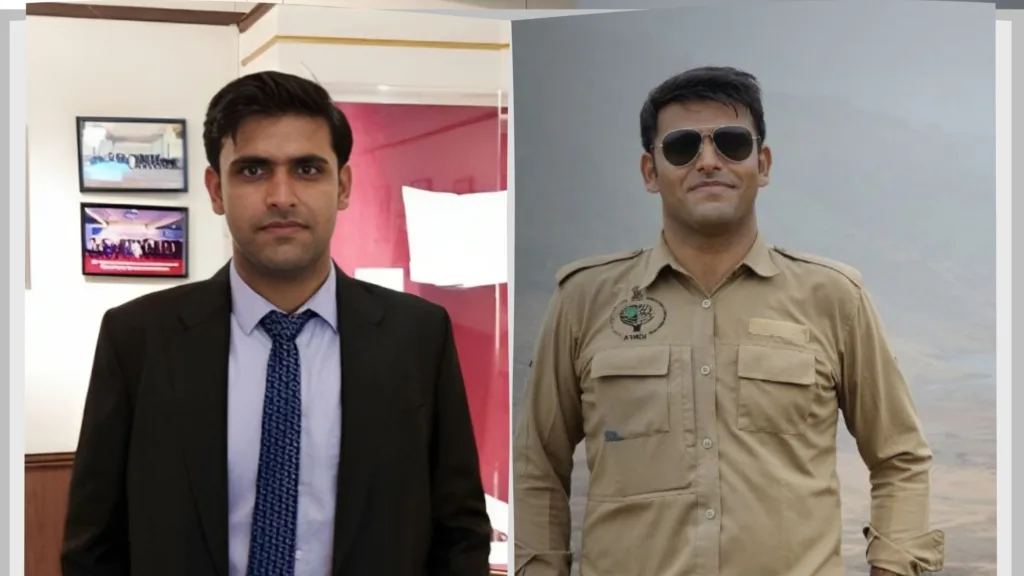
The UPSC exam is widely recognized as one of the demanding tests in India attracting numerous candidates every year who have aspirations of joining the civil service. Successfully navigating through its three stage process, which includes a test, main exam and personality test is an accomplishment achieved by only a select few.
To achieve success in the UPSC exam one must put forth effort unwavering dedication and seek guidance. Many aspirants face the challenge of balancing their preparation with demanding full time jobs that often require working hours and peak performance.
In a discussion, Himanshu Tyagi, an Indian Forest Services (IFS) officer who successfully passed the UPSC exam in 2018 shared insights, on how to manage UPSC preparation while working a full time job. Tyagi emphasizes the importance of consistency. Suggests creating a structured daily and weekly routine specifically tailored for working professionals to effectively and efficiently study for the UPSC exam.
According to Tyagi maintaining consistency is crucial for achieving success. He advises following the recommended routine for one to two years. This approach is seen as a pathway to building confidence and acquiring knowledge.
Golden tips from my UPSC prep and full-time job saga:
— Himanshu Tyagi (@Himanshutyg_ifs) December 2, 2023
– Wake up at 3:30 am and study for 4 hours.
– Study for 1/2 hr in the evening after office.
– Watch study videos while travelling to the workplace.
– Keep study material on mobile/PC, Study in every small break you get at…
Here are five UPSC tips that Tyagi shared:
Early Morning Study Sessions
Tyagi suggests waking up at 3:30 am to dedicate four hours of study time before starting the workday. He believes that this early morning period provides an environment for learning with a mind and peaceful surroundings. During this study time Tyagi recommends prioritizing subjects like history, geography, politics, economy and current affairs.
Post Work Study Period
Tyagi suggests dedicating around 30 minutes after returning from work to studying. This time can be utilized to review the subjects covered during the morning study session. It is advisable to make use of resources such, as flashcards, note taking or online quizzes to reinforce your understanding and enhance the knowledge gained from your morning study session.
Utilize Your Travel Time
One effective strategy is to utilize your commute time to and from work for studying. According to Tyagi you can focus on subjects like sociology, psychology, public administration or literature during this time. To gain insights, into subjects and theories it is recommended to listen to audiobooks, podcasts or watch videos.
Access Study Materials
To make studying more convenient Tyagi recommends storing study materials on a device or PC for easy access during breaks at work. These intervals provide an opportunity to delve into subjects like science and technology the environment, ethics or essays. Staying updated on information and perspectives can be done by utilizing sources such as websites, blogs or magazines.
Weekend study sessions
According to Tyagi’s advice it is crucial to allocate 10 hours for studying over the weekend. During this time you should focus on practicing tests reviewing years papers and engaging in answer writing exercises.
While Himanshu Tyagi’s experience provides insights into managing preparation alongside a full time job it is important to acknowledge that individual needs and circumstances may vary. His approach serves as a starting point. Remember that flexibility and adaptation are key factors, for success.
Amazing Tips to Improve Score in JEE Main Mock Tests
Best Methods to Reduce Stress in JEE Main 2024
Engineering Students Dominated The CAT 2023 Exam